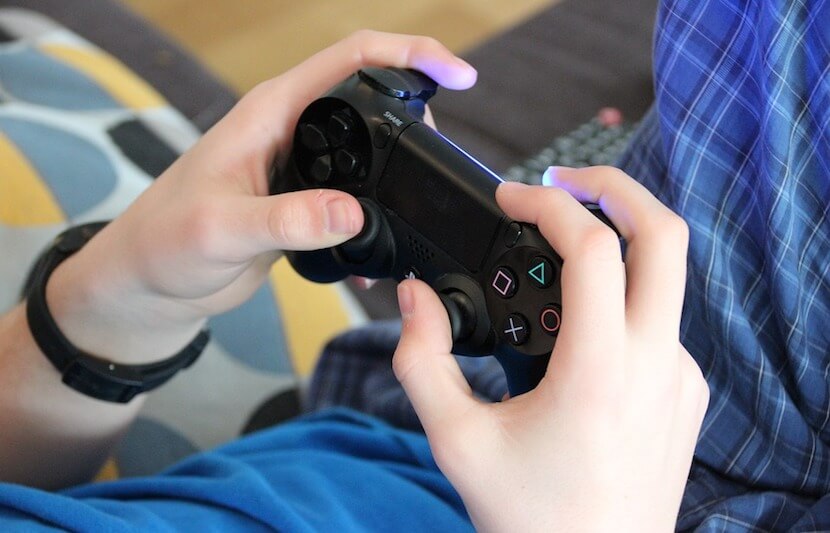A new study indicates that higher amounts of daily screen time can cause insomnia and depression in young people.
Today, teenagers and adolescents spend a great amount of time texting, gaming, web-surfing, watching videos and scrolling through social media on their devices.
These habits are damaging their mental health.
“Higher rates of depressive symptoms among teens may be partially explained through the ubiquitous use of screen-based activities, which can interfere with high quality restorative sleep,” Xian Stella Li, a postdoctoral researcher at Stony Brook University, said in a statement.
She conducted the study with Lauren Hale, a professor in the Stony Brook School of Medicine and principal investigator of the study.
Additional collaborators came from Penn State University and the University of Wisconsin-Madison.
The study
The researchers used data from 2,865 adolescents who took a Fragile Families and Child Wellbeing Study survey. The average age of the participants was 15.63 years old, and 51 percent of them were male.
The survey asked questions about their daily screen time, habitual sleep patterns and sleep durations.
The survey included questions about problems falling and staying asleep, asked about weeknight sleep durations and required the adolescents to report, on average, how many hours they spent per day looking at a screen.
The researchers were primarily interested in four different screen-based activities, including social messaging, web surfing, TV and movie watching, and gaming, explained Hale and Li.
The results
“A higher amount of screen use was consistently associated with more sleep problems and greater age-15 depressive symptoms, even after we adjusted for their earlier life depressive symptoms,” said Hale and Li.
Sleep problems fully explained the correlation between depressive symptoms and screen time for TV watching, web-surfing and social messaging, but not for gaming.
“The story for gaming is slightly different,” said Hale and Li. “Problems falling asleep, problems staying asleep, and short sleep duration only partially explained how gaming related to depressive symptoms, suggesting that some other aspect beyond sleep plays a role in adolescent depressive symptoms.”
Reason for the study
Recently, screen time and depressive symptoms among U.S. teens have increased simultaneously.
The overuse of screens can disrupt high-quality sleep, due to psychological arousal, time displacement from sleeping, and circadian rhythm disturbance, explained Hale and Li.
The researchers assumed that sleep problems could be an important contributor to the correlation between screen time and depressive symptoms, but they weren’t immediately able to prove that hunch.
So, they set out to find evidence.
“Our team of researchers were curious about whether sleep problems can explain the association between screen times and teen’s depressive symptoms,” said Hale and Li.
The implications
“Overall, our findings highlight the potential role of both screen-based activities and sleep deficiency in the development of adolescent mental health,” said Hale and Li.
The researchers challenge parents, educators and health care professionals to consider informing adolescents about the importance of sleep and regulating screen time.
“We’re very interested to see whether the adverse influences of social media and screen use on sleep and mental health persist during the transition to adulthood,” Hale said in a statement.



